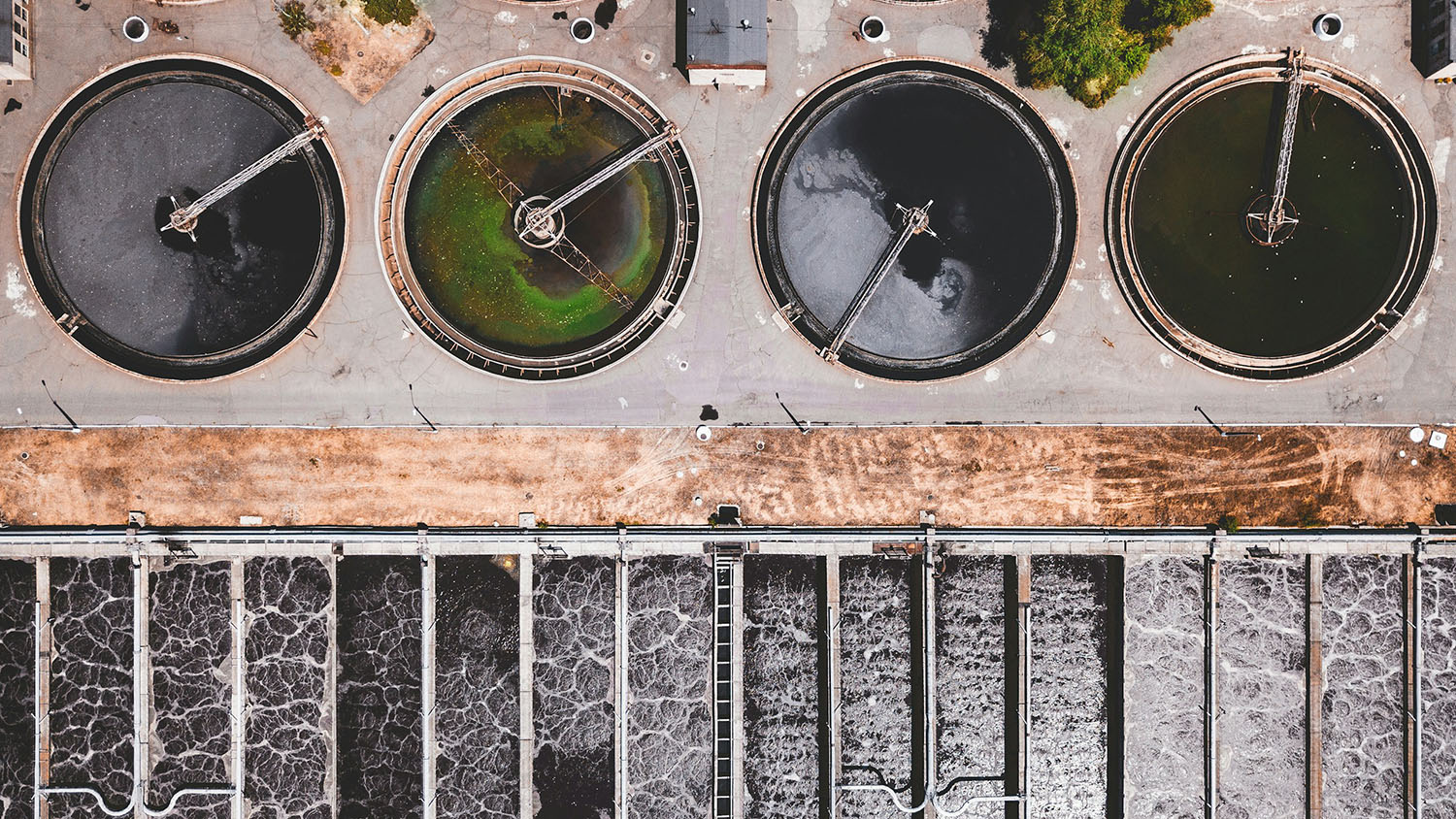Professor Milad Abolhasani Honored with Alcoa Engineering Research Achievement Award
This article is a synthesis of information from articles written by Brent Lancaster and Morgan High.

Professor Milad Abolhasani has been honored for his research accomplishments by NC State’s College of Engineering with the Alcoa Engineering Research Achievement Award. The Award recognizes young faculty members for their significant research contributions during the preceding three years.
The award was presented during the College of Engineering 2023 spring faculty meeting.
Since joining NC State in 2016, Abolhasani has made significant impacts in the science and engineering of materials and molecular discovery using self-driving labs. His overarching research vision for converging flow chemistry and chemical synthesis with machine learning (ML) and artificial intelligence (AI) promises to significantly impact the way new materials and molecules are discovered for next-generation energy and chemical technologies.
His most recent self-driving fluidic lab, AlphaFlow, is capable of identifying and optimizing new complex multistep reaction routes, with more than 40 input parameters, for the synthesis of advanced functional materials and molecules with no prior knowledge. In one example, AlphaFlow discovered a more efficient synthetic route to produce high-quality semiconductor nanocrystals that are used in optical and photonic devices in only 30 days of continuous operation with no human intervention. The materials synthesized by AlphaFlow-discovered chemistry outperformed the ones synthesized using human-discovered chemistry over 15 years of conventional research. Information about AlphaFlow is available here.
Another one of Abolhasani’s key accomplishments, the Artificial Chemist 2.0, is a fluidic robot with an AI brain that can significantly accelerate the discovery and manufacturing of new semiconductor nanomaterials for applications in printed photonic devices, displays and solar cells. His research team has demonstrated that the self-driving fluidic lab was able to discover a novel synthetic route for facile and scalable bandgap tuning of metal halide perovskite nanocrystals, a high-priority material for clean energy technologies, 1000 times faster than conventional materials-discovery techniques.
An article in the NC State News highlights Abolhasani’s most recent research collaboration with a Global 500 company, Eastman, to build the next-gen self-driving labs to accelerate development of specialty chemicals. In this multidisciplinary project, the Abolhasani team, supported by Eastman, is developing a fully autonomous lab, equipped with state-of-the-art robotic and analytical characterization tools. The self-driving catalysis lab will allow the team to fast-track chemical discovery –– bringing together expertise in microreaction engineering, AI, automation and robotics.
“The goal is to help Eastman digitize chemistry in order to identify the most sustainable and efficient ways to manufacture specialty chemicals,” said Abolhasani, the project’s principal investigator and a University Faculty Scholar at NC State.
“The self-driving lab runs on its own with minimal human intervention and supervision; these intelligent robotic assistants analyze the results from each completed experiment to inform which experiment they will run next using their built-in AI — so it can speed R&D for Eastman.”
“In chemical and materials sciences, the integration of AI with experimental robotic systems is still an emerging field of research,” said Prof. Abolhasani. “At NC State, our team has demonstrated success in building similar research acceleration platforms for other applications, such as advanced materials, resulting in a reduction of time and labor costs by 100x.”
Since 2020, Abolhasani has raised $7M in external R&D funding from federal funding agencies as well as from Global and Fortune 500 Companies. This funding has supported 14 research projects, with Abolhasani serving as a lead PI on 12 projects and as a co-PI on two projects.
Prof. Abolhasani has won numerous awards and accolades over the past three years, including the AIChE Nanoscale Science & Engineering Forum Young Investigator Award, the Dreyfus Foundation Award for Machine Learning in Chemical Sciences & Engineering and the Goodnight Early Career Innovator Award.
Congratulations to Professor Milad Abolhasani for this important recognition of your research accomplishments!
- Categories:


